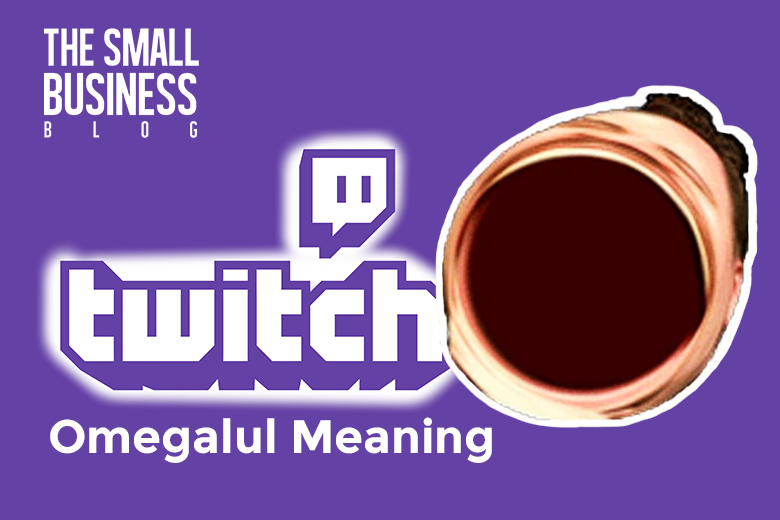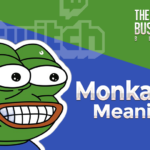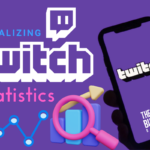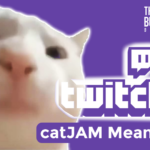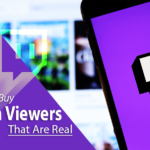Omegalul in Twitch chat is a popular internet slang term that is widely used in various online communities, especially in the gaming and streaming sphere.
Following up with the trending and ever-evolving meme culture can be a challenge.
Omegalul meaning can be confusing as it denotes extreme laughter with a hint of sarcasm. It can also express mocking or ridiculing someone.
After reading that, if you are confused and want to know what Omegalul really means, we have got you covered.
Let us brush up on your meme knowledge with this article.
Post Contents
What Is Omegalul Meaning?
The Omegalul emote was first introduced on Twitch in 2016, and it has since become one of the most widely used emotes on the platform.
Omegalul is an advanced terminology of “LUL,” which means funny.
The variation of “LUL” denotes extreme laughter or disbelief. It is universally used as a response to particularly funny or daffy moments.
The term Omegalul has become a part of the internet vocabulary widely recognized by several internet users.
It has also been adopted by various online communities, including gaming communities, live streams, and Twitch chats.
These communities often use this term to express humor and camaraderie, making it a popular way for members to connect and interact with each other.
Omegalul is favored as an expression of laughter, but it can also be used as a way to jeer at someone.
You can use the Omegalul emote to convey that someone has made a foolish or embarrassing mistake.
Additionally, you can express disbelief or sarcasm using the Omegalul emotes.
This usage of the term can sometimes be interpreted as disrespectful or trolling.
So, employ it with caution and consider the tone and context of the conversation before using it.
Omegalul is just one of the many internet slang terms that have emerged and evolved, which serves as a reminder of the power and influence that language can have in the digital realm.
What Does Omegalul Look Like?
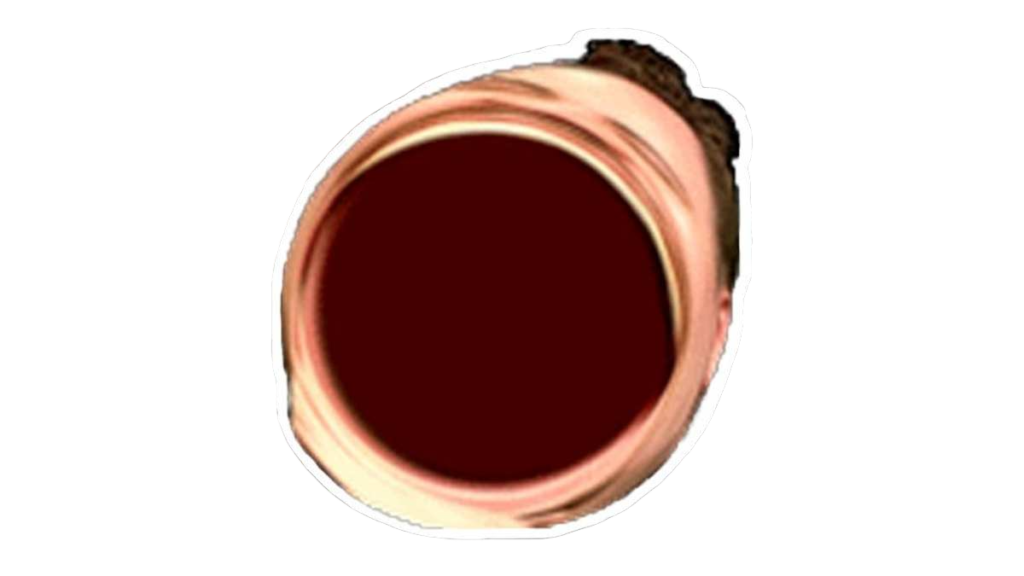
Omegalul looks like a big and stretched red-colored ball that can swallow the entire planet.
It is typically represented as a text expression or phrase in online conversations.
However, it is also sometimes used in an image form as a variation of the “LUL” emote, which is based on a still image of a deceased Twitch streamer John Peter Bain.
Bain is also popularly known as “TotalBiscuit” Bain.
The Omegalul emote usually appears weird as a square image of Bain laughing with his head thrown back and his mouth wide open (the red ball), accompanied by the text “LUL” or “Omegalul.”
This emote is commonly used on platforms such as Twitch, Discord, and Reddit to express humor or intense laughter in response to something happening in a stream or conversation.
Where Did Omegalul Originate?
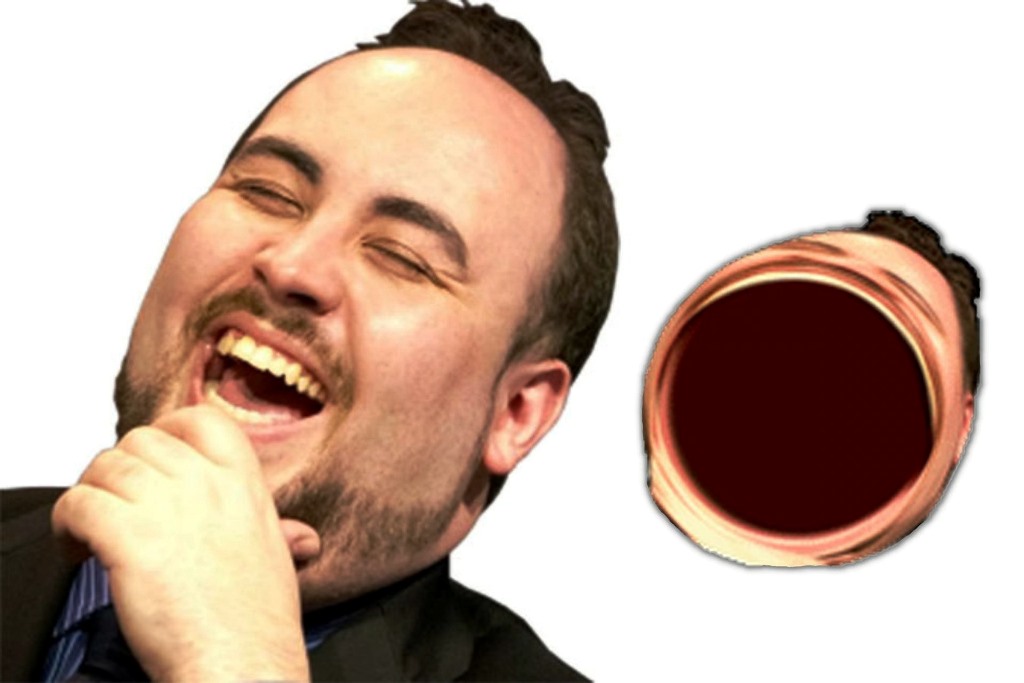
The origins of the term “Omegalul” can be traced back to the early days of Twitch when emotes were used to express emotions and reactions during streams.
Twitch streamers would use the “LUL” emote to indicate laughter, and the term “LUL” was employed for laughing in the Twitch community.
Omegalul is not an official Twitch emote, and the exact origin of the term is unclear, though it is likely a result of the creative and evolving nature of internet slang.
In 2017, the now-deceased Twitch streamer Brain used a photo of him taken at an event by Jonathan Tayag to create a subscriber-only (paid subscription) “LUL” emote, known as “CynicalLaugh.”
Tayag disputed the image and issued a DMCA to take it down. The photographer stated a lack of consent to release the original picture.
Eventually, Tayag gave the permission, provided that the image is free to use.
The emote “LUL” was then added to the collection of third-party extension “Better Twitch. TV” as an extra emote.
The original emote of “LUL” is used since, and other stylized versions were mostly rejected by the Twitch community.
Gradually, “LUL” evolved to “Omegalul,” which is the only distorted version accepted by the meme community.
With that, Omegalul meaning has evolved from expressing intense laughter to trolling and sarcasm. Its meaning, however, always revolves around “LUL.”
The specific evolution of Omegalul is tricky to trace. It can be credited to the community of a streamer Sebastian Forsen Fors.
Subscribers of Forsen are the ones actively exploring and experimenting with emerging emotes and meme trends.
The Omegalul emote trend spread like wildfire and conquered the internet through Forsen’s subscribers.
Forsen Fors community is well-known for uproaring other streamers’ community and spam memes.
The meme wars led to the extensive use of the LUL and Omegalul emotes.
The use of Omegalul has spread beyond the Twitch community.
It is now used on several online forums, social media platforms, and gaming communities.
The emote is used in several contexts, from teasing friends to making sarcastic comments about ongoing events.
FAQs
Below are some frequently asked questions related to Omegalul.
Are There Any Other Omegalul Meanings?
A. No, for the time being, there is only one meaning of Omegalul that has been briefly discussed above.
The word can be interpreted in various ways, but its meaning remains the same.
Where Can I Find and Use the Omegalul Emotes?
A. You can find and chat using emotes like Omegalul on Twitch.
You only need to install a browser extension from BetterTTV.
Final Thoughts
Although the Omegalul emotes are widely recognized and used, it is crucial to employ them carefully and consider the tone and context of conversations and activities taking place online.
Internet slang is constantly evolving, and new terms and expressions are created all the time.
Emotes like Omegalul are conventionally used as a form of expression and provide a sense of community, social connection, and insight into current events and popular culture.
Despite its informal and comical nature, Omegalul has become a widely acknowledged term that adds humor and liveliness to online conversations.
So, the next time you see someone using “Omegalul,” you will know its origins and why it has become such a pervasive part of internet culture.







